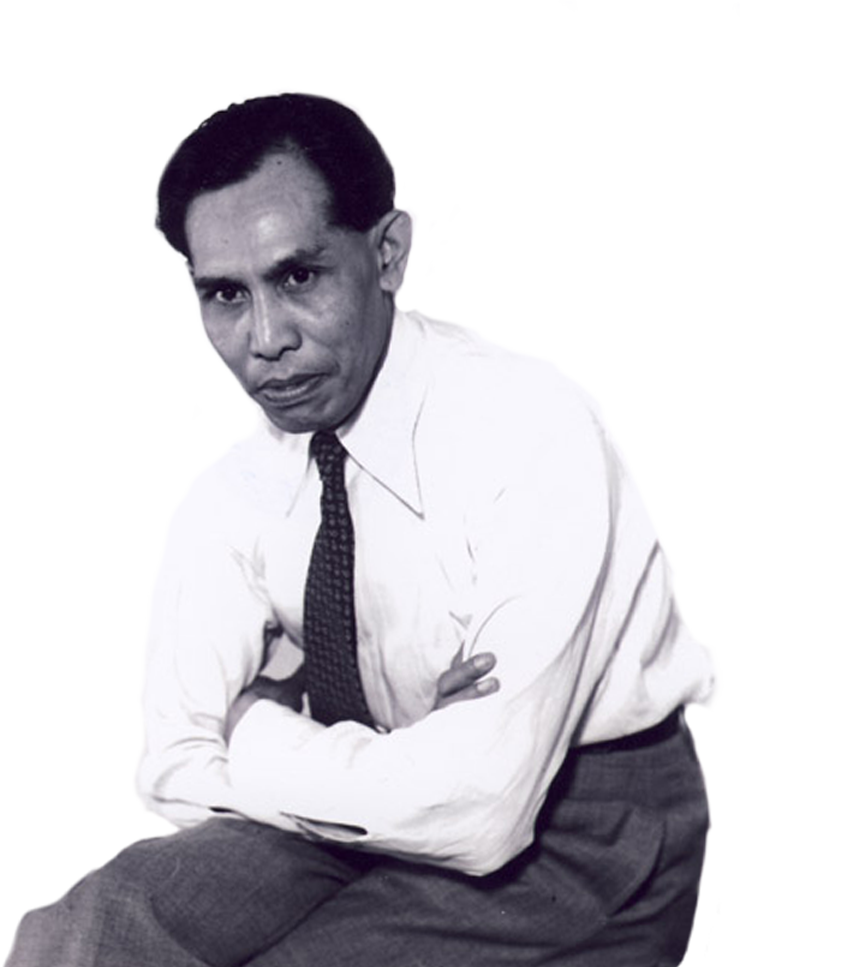Institut Leimena
Founded in 2005, Leimena Institute was created as a response to the national situation at that time and the encouragement of the national church leaders.
Christians’s participation in nation building has received the attention of churches for a long time. Therefore, the 1984 National Congress of the Council of Churches in Indonesia (DGI) / Fellowship of Churches in Indonesia (PGI) in Ambon mandated PGI to create a think tank called Leimena Academy with its first chairman, Lt. Gen. T.B. Simatupang.
In 2004, with the advice and encouragment from the leaders of national fellowships of churches from different denominations, some board members of the Leimena Academy agreed to establish Leimena Institute as an independent think tank (no longer under PGI) to reflect the current diversity of churches.
The founders, and also the first Trustees, are Jakob Tobing, Mangara Tambunan, Matius Ho, Radja Kami Sembiring Meliala, and Viveka Nanda Leimena. We began conducting discussion programs on social, political, and economic issues. Jakob Tobing, at that time still serving as the Indonesian Ambassador to South Korea, was appointed as the Executive Director and Matius Ho as the Deputy Director.
Misi
To develop Indonesia’s civilization that is based on Pancasila and 1945 Constitution, and global civilization that upholds human dignity through collaboration in plural society.
We believe that religious values are integrated parts for moral, ethic, and spiritual basis for nation building in Indonesia and globally. In the spirit of togetherness and pluralism, we build collaboration with religious leaders and public leaders, in Indonesia and the world, to lay down the moral, ethic, and spiritual basis. We collaborate by honoring and cultivating diversity and equality in society.

Dr. Johannes Leimena
Leimena Institute is named after Dr. Johannes Leimena (1905-1977), to remember him as a statesman and a churchman in Indonesia, and to follow his leadership, who put love first among everything and servitude towards all.
Life as a doctor was quite unexpected for him. He decided to pursue it when there was no other opportunity present. Oom Yo – as he was casually addressed, meaning “Uncle Yo” – believed that it was part of God’s plan, not a mere coincidence.
Dr. Leimena attended STOVIA medical school when nationhood was prevalent among the students. At the time he also joined the Eccumenical movement which aimed to unite Christians from diverse social and cultural heritages. Since then, both nationhood and Christianity had uniquely shaped his way of thinking.
During his practice at Immanuel Hospital in Bandung (1931 – 1941), he was well known as a humble individual who saw every person as equal in God’s eyes. Hence he was vehemently against the colonial social structure. In his view, a segregated society based on skin color was not in line with the Biblical principles. Therefore, to remain indifferent toward this issue was against his conscience.
He also disagreed with the western theologians who supported absolute separation of church and state, because it made Christians disregard their responsibilities as citizens. For example, many Christians ignored the political development in Germany, which then led to the rise of Hitler and his fascist regime. He believed that Christians must share Christ’s love toward the society through their active participation in it.
This attitude enabled him to befriend various people, which eventually led to his involvement in the Indonesian government. During the independence struggle, he was an active member of the Indonesian delegation for diplomatic negotiation with the Dutch colonial government. He participated in the Linggarjati Agreement, and then chaired the Military Comission in the Renville Agreement and the Round Table Conference, which was the final round of negotiation with the Dutch colonial government. From 1946 to 1949, his leadership in the Military Comission had sucessfully maintained the army’s integrity.
His diplomacy success stemmed from his belief that any conflict can be resolved through love. Therefore, he always sought a peaceful solution. No wonder that he earned President Soekarno’s utmost trust. Throughout his career in the government, he was appointed as minister 18 times within 20 years (eight times as Minister of Health). He was Deputy Prime Minister from 1960 to 1966, and entrusted as the Acting President for seven times between 1961 to 1965.
When he was the Minister of Health, he issued Bandung’s Plan which was designed based on his experience as a doctor in Bandung. This plan eventually resulted in the Public Health Center (Puskesmas) today.
Besides actively serving in the government, he also played a key role in establishing the Council of Churches in Indonesia, which now has become the Fellowship of Churches in Indonesia (PGI). After his retirement as minister, he was still a member of the Supreme Advisory Council until 1973. Dr. Leimena passed away on March 29th, 1977. **
Source: Committee of Dr. J. Leimena Memorial Book. Kewarganegaraan yang Bertanggungjawab: Mengenang Dr. J Leimena. Jakarta: PT BPK Gunung Mulia, 1995.
Responsible Citizenship
in Religious Society
Follow Leimena Institute Update
@institutleimena
Warganegara.org
@institutleimena
Warganegara.org
![]() info@leimena.org
info@leimena.org
